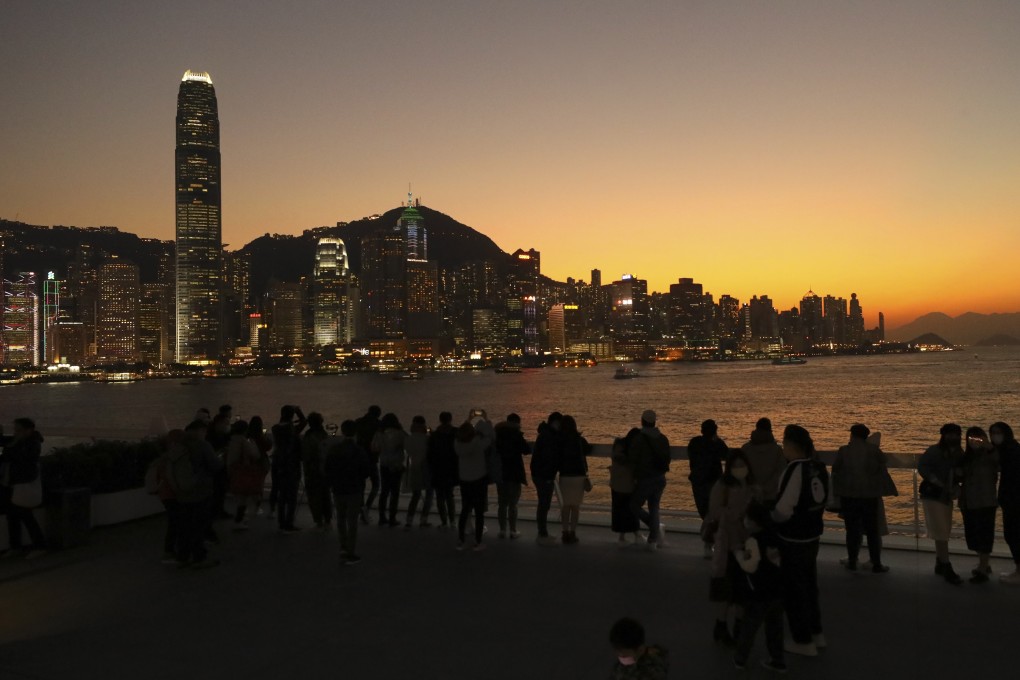Advertisement
Opinion | How Beijing and the Hong Kong government can start healing a fractured city
- Beijing must know that Hong Kong desperately needs transparent and competent governance if it is to avoid more violence on the streets
- The Hong Kong government must put residents first, especially with regard to livelihood issues
Reading Time:4 minutes
Why you can trust SCMP
9

From the Covid-19 pandemic to the elimination of the city’s special trade status under American law, from a seismic political transformation to the economy’s downward spiral, Hong Kong had a difficult 2020, to say the least – an annus horribilis that many are no doubt pleased to see the back of.
Can we turn a new page in 2021? And how will Hong Kong-Beijing relations fare this year? Answering these questions requires a broader understanding of Beijing’s strategy vis-à-vis Hong Kong. The turmoil this city has endured over the past two years is widely viewed by elements in the establishment as a fundamental affront to both the local administration and the central government.
For Hong Kong, the protests and the government’s handling of them exposed a dire lack of crisis and publicity management skills, and a general disconnect between the administration and the citizenry it purportedly serves.
Advertisement
To Beijing, the actions of a radical minority transformed Hong Kong into a dangerous hotbed of insurgent extremism: for the government to back down would have meant caving in to the impossible demands of the crowd – a strict no-go for a regime that prioritises stability and the country’s collective interest above all else.
Looking ahead, those hoping for democratic reform and political liberalisation through universal suffrage may well be disappointed, as the local administration seeks to depoliticise governance at large while toeing a risk-averse, conservative line when it comes to oppositional politics.

07:30
China’s Rebel City: The Hong Kong Protests
China’s Rebel City: The Hong Kong Protests
Significantly greater emphasis will be put on political loyalty and the reassertion of the first half of the “one country, two systems” policy, as Beijing seeks to right what it views as a fundamental error – its relatively hands-off approach to the city’s domestic affairs in the first two decades after the handover.
Advertisement
Select Voice
Select Speed
1.00x
.png?itok=bcjjKRme&v=1692256346)